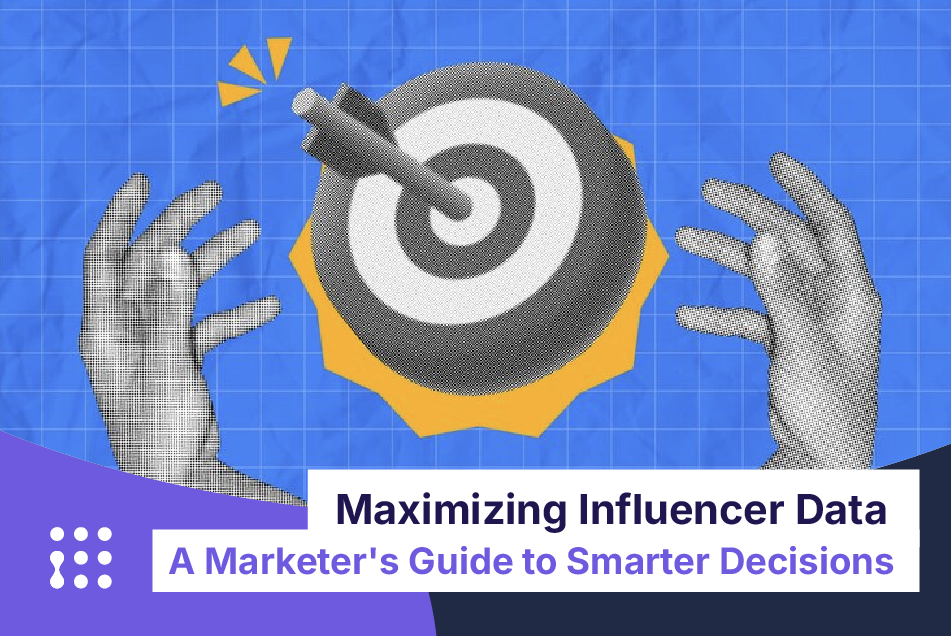Influencer marketing is not the new kid on the block anymore. However, its regulation can still be very murky and greatly varies from country to country. To help you navigate these difficult waters, we at CreatorDB compiled an easy-to-follow guide to avoid any troubles with the law when creating an influencer marketing campaign. Here are the influencer regulations in Latin america.
This article is part of our series on influencer marketing regulations. You can find our other here:
- The international guide to influencer marketing regulations
- Influencer regulation in English-speaking countries
- Influencer regulation in the EU
- Influencer regulations in Asia
Argentina
Argentina has been discussing specific laws for influencers since 2020 but nothing has been approved yet. In the meantime, regulations included in the Civil Code, Consumer Protection Law, and Fair Trade Law cover many of the most common problems arising from influencer marketing. The Advertising Self-Regulation Council (CONARP) also created a Code of Ethics that applies to influencers. In its recommendations, CONARP recommends brands instruct influencers on the legal framework of their products and services, require influencers to act with transparency and honesty and disclose payments received and sponsored content.
Brazil
Advertising in Brazil falls under the Brazilian Sef-Regulation Authority (CONAR), which released the Digital Influencer Advertising Guidelines in 2020. They state that sponsored posts must be disclosed and easily identifiable, especially concerning products targeting children and adolescents. They also state that if the product sponsored has been obtained for free, the influencer must disclose it with an apposite hashtag.
Chile
In 2022 The Chilean National Consumer Service (SERNAC) created general guidelines on influencers through the “Interpretative Circular on native advertising and Influencers.” The Circular introduces good practices to protect consumers’ rights like disclosure of sponsored content, clear information about the connection between influencer and brand, and truthfulness of the claims.
In addition, the Chilean authority introduced a series of practices aimed at preventing the promotion of stereotypes of gender in advertisements.

Colombia
The Superintendence of Industry and Commerce (SIC) in 2020 introduced the “Guide on good practices in Advertising through Influencers.” The guide is divided into suggestions for influencers and advertisers: where the advertiser is expected to have an active role of supervision in creating the influencer content, ensuring that good practices are followed. Since these are only recommendations, there is no direct punishment for their infringement but the possibility of incurring customer protection lawsuits.
Costa Rica
While not having specific regulations for influencers in Costa Rica influencers are expected to disclose their sponsored content via clear hashtags or risk incurring an accusation of misleading advertising, which is illegal under the Law for Promotion of the Competition and the Effective Defense of the Consumer (Ley de Promoción de la Competencia y Defensa Efectiva del Consumidor).
Mexico
In Mexico, the debate around influencer regulation is still ongoing. Many consider the two pieces of legislation that regulate advertising: the Code of Ethics in Electronic Commerce and the Federal Consumer Protection Law needing to be more fitting to cover the situation created by influencer marketing. But as of now, there are no proposals to introduce new legislation.
Paraguay
The local self-regulating advertisement authority has no specific regulation for influencer marketing but has in place guidelines for misleading advertising and covert advertising, which de facto make disclosure mandatory.
Uruguay
Uruguay’s Consumer Protection Agency has shown interest in regulating some of the most problematic aspects of influencer marketing, like misleading advertising. The local self-regulating advertising agency also released guidelines that invite influencers to act transparently and tag any sponsored content as such.





